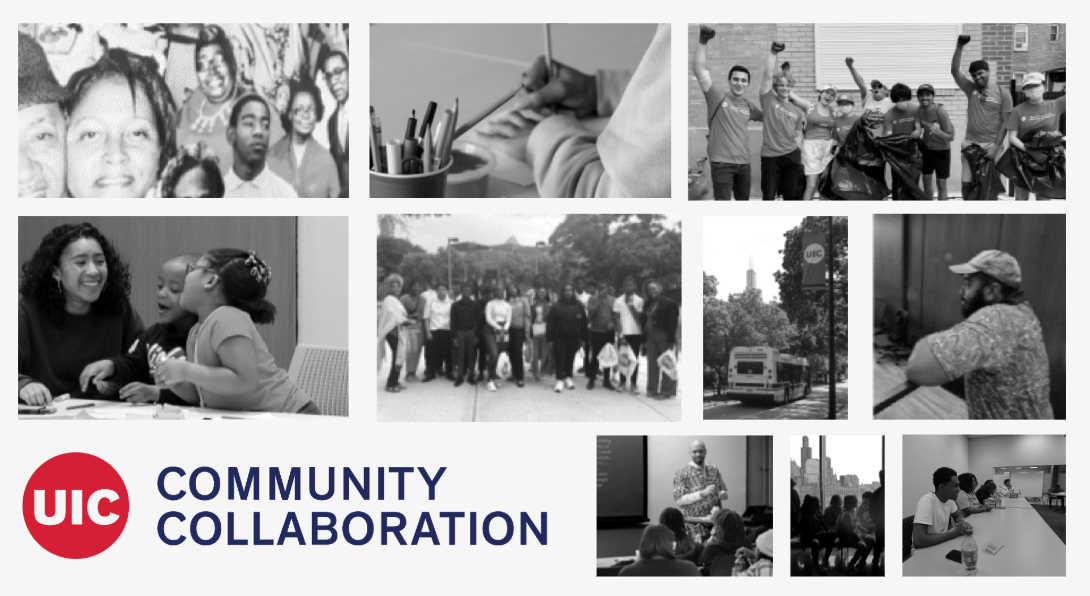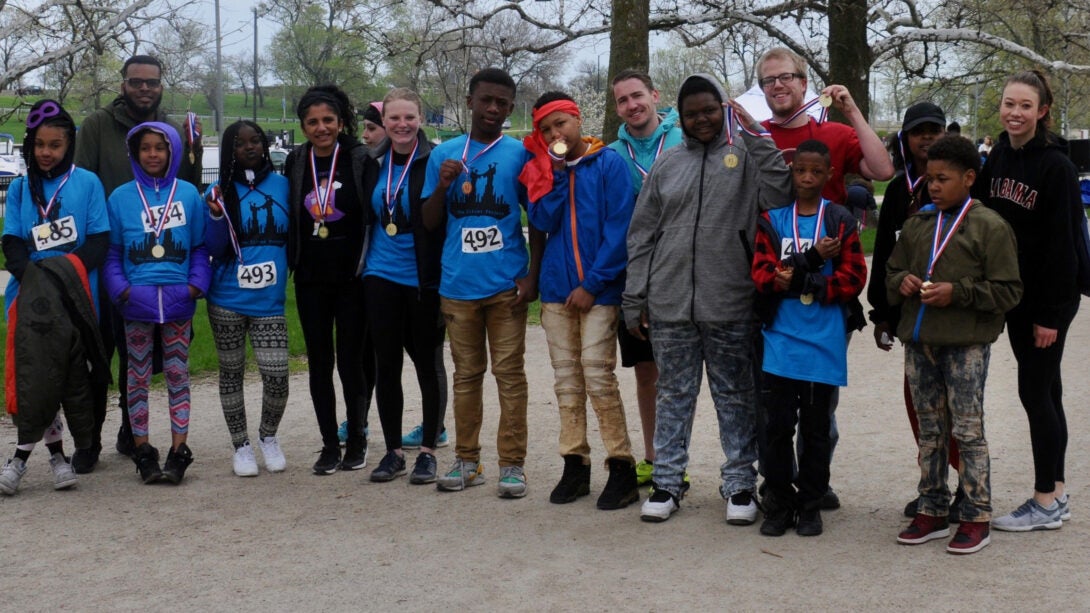Participatory Research
Participatory Research

Participatory research is a core pillar of the Office of Community Collaboration’s work. Participatory research prioritizes community voices and experiences in shaping research agendas and methodologies and engages diverse stakeholders, including community members, organizations, and academic researchers, as equal partners throughout the research process.
By focusing on addressing pressing community concerns and interests, participartory research produces accessible, high-quality research findings that can inform policy and practice, using formats such as policy briefs, short reports, and visual representations.
OCC respects and incorporates local community culture and ways of doing things, and utilizes a mix of qualitative and quantitative methods to capture both personal stories and statistical data, ensuring a comprehensive understanding of community issues.
Participatory Research Projects
Cities Mentoring Program

Cities Mentoring Program
School of Public Health (SPH)
PI: David DuBois, Professor in Community Health Sciences
This project is a collaboration between DePaul University, Loyola, Northwestern University and the University of Illinois Chicago (UIC). The UIC component of the research involved implementation of a preventative intervention in three Chicago Public Schools (CPS) in the North Lawndale area as well as serving as the hub for study design and data analysis.
The Cities Mentoring Program provides weekly afterschool sessions through the academic year at partner schools. Graduate students facilitate an evidence-based, trauma-informed skill-building curriculum while undergraduate students provide 1:1 mentoring to the participating CPS students. Approximately 20 undergraduates and five graduate students have served as mentors and program facilitators annually.
The program impacted Chicago Public School sites in Austin, Brighton Park, Bronzeville, Greater Lawndale, and South Shore. Importantly, the Cities Mentors Program is designed with critical anti-racist and ethnic studies focused frameworks. Participating university students operated from a place of understandings of their own trajectories and the work necessary to create and utilize curricula that invite students, families, and communities into shared learning experiences.